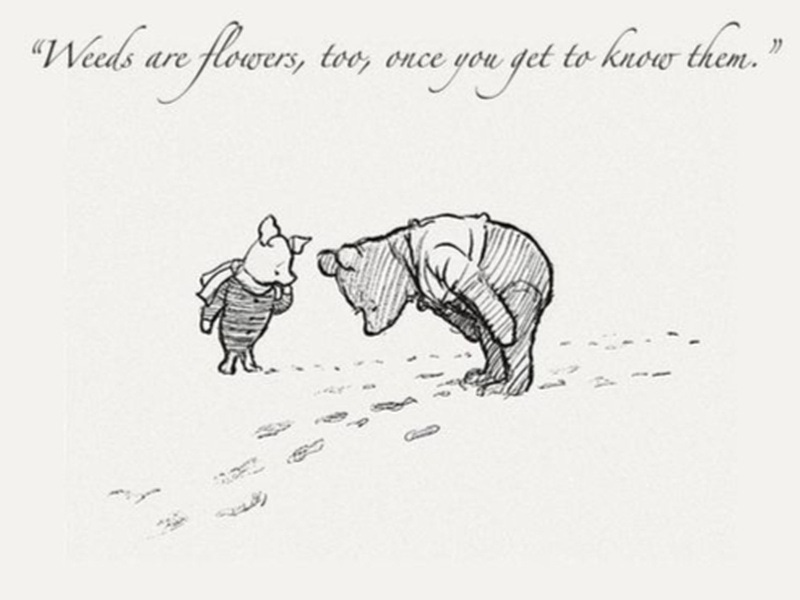Even in a time of religious decline, we all worship something: a guiding set of values, a philosophy, an aspiration after which to model our lives (and even consumption habits).
Am I stretching the metaphor too far to suggest that our collective orientation toward time— that is, that it should be optimized for speed and efficiency— is the reigning deity of the 21st century?
John Mark Comer (of Christian faith) addresses the “modern culture of hurry” as such. Chapter after chapter, The Ruthless Elimination of Hurry shows how Jesus, one-third deity of the Christian faith, modeled an intentional, meaningful, and decidedly unhurried way of life that sits opposite a culture of constant hustle. (Editorial note: at the same time, it’s not lost on me the impact the “Protestant work ethic” has had on the US ethos toward time as a means of production.)
Other religious traditions also emphasize slower ways of living. From Islam’s Barakah to Taoist philosophy. It’s hard to ignore the spirituality surrounding the human relationship to time.
Even as society largely turns from organized religion, we replace once-reigning idols with others. I’m especially interested in how consumer culture now stands in as one of the major ways in which individuals perceive and understand and interact with the world, often existentially. (“I shop, therefore I am” sort of stuff.)
And throughout recent history, consumer culture has reflected the notion that “fast is something religious, an idol to be worshiped and glorified”, normalizing a deity of speed.
Welcome back to our series, twenty shades of “time is money”. Every Tuesday we’re breaking down findings from my research on social acceleration, marketing, and consumer culture.
This research helped me better understand my own relationship to time and consumption (and specifically, the felt need to constantly be busy and hurry through life and buy things as an antidote to this frenzy). Thank you for reading, and I hope there is a nugget of inspiration for you here too.
(Also, yes… I changed the name of this newsletter —again!— to something I like better. If you are looking for conversations about consumer culture, you are still in the right place.)
A few advertisements from my research illustrating the glorification of fast:




As I think through the words to conclude this post, I’m left with just one question:
When we worship speed, praise productivity, and bow down to efficiency… who (or what) does that truly serve?




